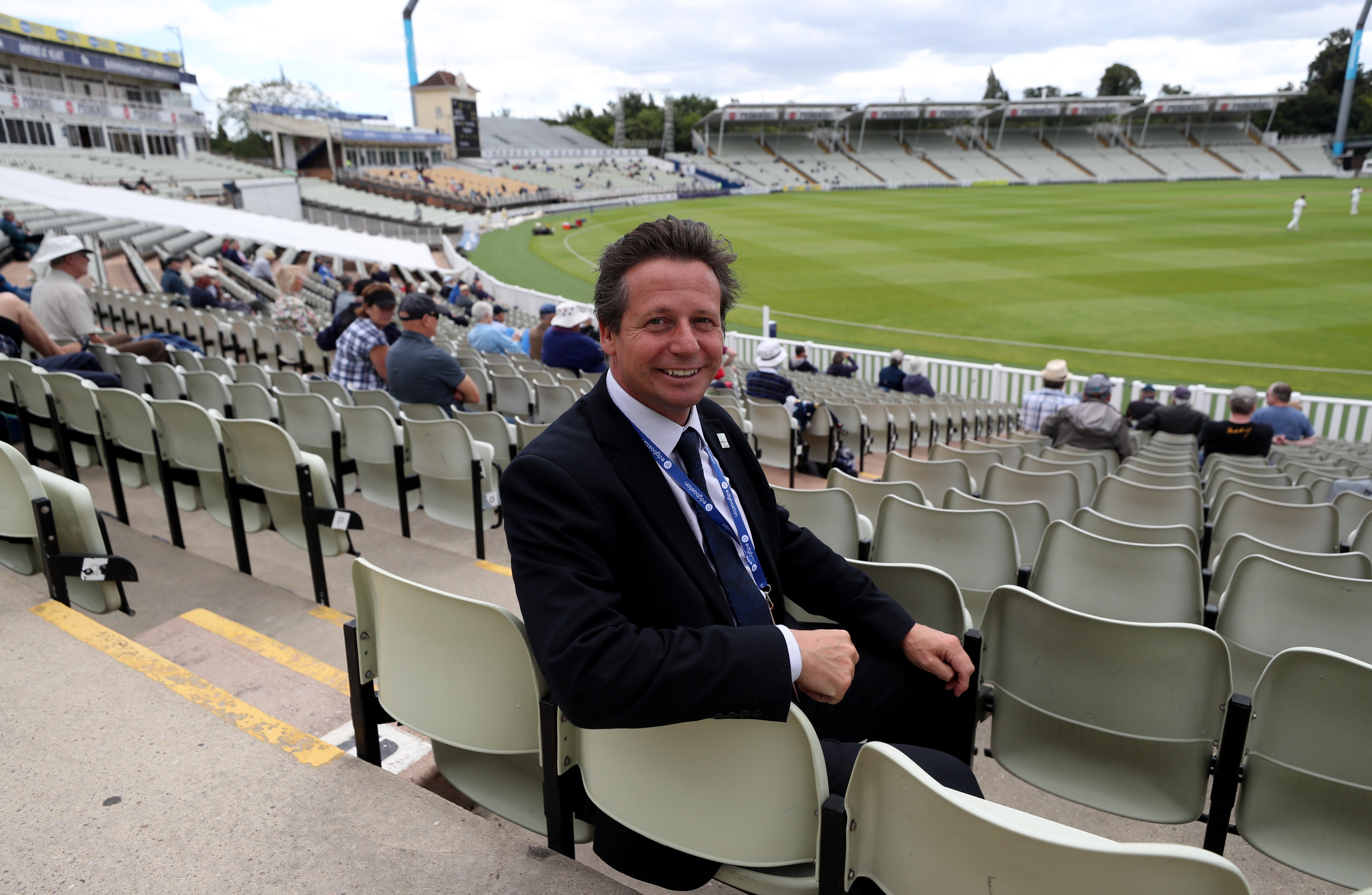Sports told to increase funding for research into head injuries
Sports minister Nigel Huddleston gave evidence to the DCMS committee inquiry on Tuesday.

Your support helps us to tell the story
From reproductive rights to climate change to Big Tech, The Independent is on the ground when the story is developing. Whether it's investigating the financials of Elon Musk's pro-Trump PAC or producing our latest documentary, 'The A Word', which shines a light on the American women fighting for reproductive rights, we know how important it is to parse out the facts from the messaging.
At such a critical moment in US history, we need reporters on the ground. Your donation allows us to keep sending journalists to speak to both sides of the story.
The Independent is trusted by Americans across the entire political spectrum. And unlike many other quality news outlets, we choose not to lock Americans out of our reporting and analysis with paywalls. We believe quality journalism should be available to everyone, paid for by those who can afford it.
Your support makes all the difference.Sports have been told to “put their hands in their pockets” and invest more funding into research into head injuries and long-term brain health by sports minister Nigel Huddleston
Head injury campaigners have criticised sports governing bodies for failing to properly fund research, to act on the research already undertaken or to provide sufficient support to those former professionals who develop neurological conditions in later life.
Huddleston gave evidence to the parliamentary inquiry into concussion in sport on Tuesday, and placed the responsibility on sports to undertake further long-term studies into the risks of participation.
“I expect and require them to put their hands in their pockets and fund research into concussion seriously and then share those results,” he said.
“If there are gaps then we’ll consider what the role of Government could be, but actually I don’t think we should need to because there’s enough money in sport to be able to do this.
“I wouldn’t want the Government to do something that was purely tokenistic, I think we need to make sure that there’s serious long-term investment in this area from sport.”
The Professional Footballers’ Association wrote to the Digital, Culture, Media and Sport (DCMS) committee inquiry to confirm it had committed £616,000 into research on neurodegenerative conditions and football, and spent £1.82million supporting former players who have received a neurodegenerative diagnosis.
Football Association head of medicine Dr Charlotte Cowie was repeatedly questioned by DCMS committee chair Julian Knight at an evidence session in March about what the governing body’s annual research budget was, but she pointed out there was “no limit” on what could be made available and that each application for research that the independent task force panel considered had a differing cost.
Huddleston was asked by Knight whether football specifically was doing enough, and said: “My answer would be absolutely no, they’re not.”
He recognised sports had made good progress on research and on putting in place mitigations to protect participants, but said there was more to be done.
“I’m not happy with the status quo, far from it,” he said.
“We shouldn’t be waiting for perfect information to come through before taking action. If we do not believe sufficient action is being taken, then we’re more than happy to intervene in whatever areas necessary.”
He said sport’s response had not been as co-ordinated as it could be, and said there were “massive gaps” in some research areas, particularly in women’s, amateur and school sports.
There is a balance that needed to be struck between making them safe to play and making them so boring and unattractive that no one would want to play them, Huddleston said.
He felt it was too soon to conclusively decide whether a heading ban across all football would be a proportionate response to the dangers.
He said accurate recording of concussions was essential, and was “not at all convinced” that this was currently the case in all sports.
He faced questions from committee members Julie Elliott and John Nicolson over whether sports could be trusted to fund meaningful research and act on it.
Huddleston said: “There is some suspicion that sports are marking their own homework and doing research that is potentially not leading to completely open conclusions.
“I have to say I don’t think that’s the case because often the research that they are themselves reporting leads to changes, and suggests there are dangers that they are acting on.
“I think we need to recognise that just because a sport conducts research of its own volition it doesn’t mean that it’s untrustworthy, and we should be suspicious about all of it.”
He did concede though that there were weaknesses in the sharing of information between sports.
The Government has launched its own consultation in this area, including round table discussions with athletes and medical experts in February.
Huddleston said the Government was likely to publish its recommendations and findings in the autumn.
He said it was “highly likely” that one of the recommendations would be that coaches in high-impact sports be mandated to undergo training to spot the signs of concussion.